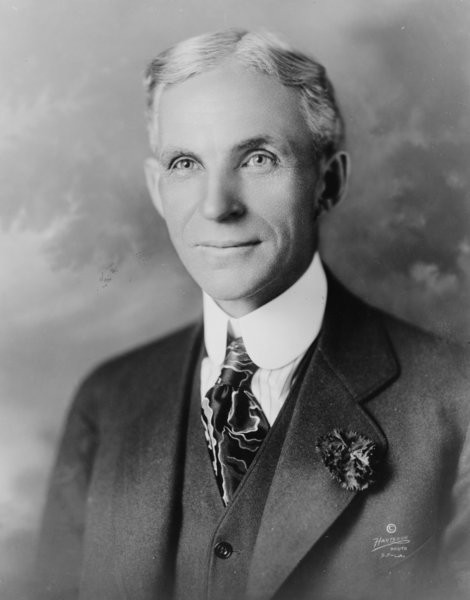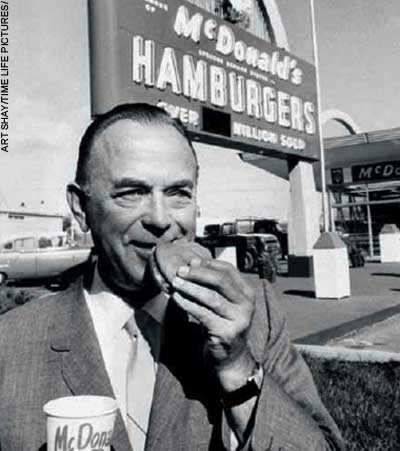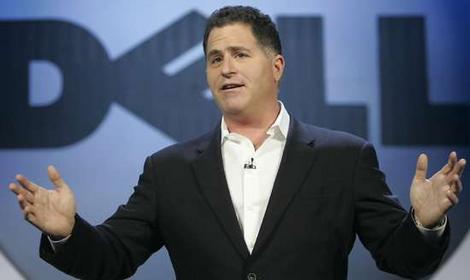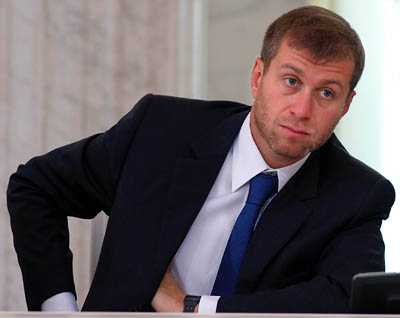1. Steve Jobs

Co-founder of Apple and chairman of Pixar, Steve Jobs towers over Silicon Valley as a renegade and artist as much as a business manager. Fortune magazine calls him a “global cultural guru,” responsible for changing the way the world works and plays. Yet, he has been criticized for his superior attitude, taking credit away from his subordinates, micro-managing his business, firing employees in fits of anger, and any number of minor infractions, such as parking his Mercedes in handicapped spaces. His net worth is estimated to be over $20 billion.
2. Sam Walton


At the end of his autobiography, Made in America, Sam Walton wrote that the most important rule in business is to break all the rules. He has also said, “I always prided myself on breaking everybody else’s rules, and I always favored the mavericks who challenged my rules.” His innovative and daring approach to business established the worldwide Wal-Mart chain, which replaced Exxon as the largest corporation in the world in 2002.
3. Bill Gates

It is common knowledge that the richest man in the world is a college dropout. Instead of completing his education at the prestigious Harvard University, Bill Gates decided to take a risk and devote himself fully to a little business called “Microsoft” he co-founded with a classmate, Paul Allen. Not content with the prevailing open-source practices of software development, Gates decided to buck the system by demanding a closed-source ethic. By changing the rules of software development, he established the software industry as we know it today.
4. Donald Trump

A self-made billionaire, real estate mogul Donald Trump is widely regarded as a man who makes the rules. And among Trump’s rules for success, you will not find the words, “humility,” “generosity,” “sympathy,” or “compassion.” The quintessential bullying boss, Donald Trump is a cultural icon and one of the most famous people in the world. Comparing publicity photos from his early years of fame with his more recent dominance on the world’s stage, it is clear Trump has cultivated a distinctly mean image. It is possible he still enjoys smiling, but apparently it is no longer marketable. While nobody is questioning his head for business, Trump’s fame, if not his fortune, is less attributable to any specific business deals or professional decisions than to his “mean boss” imagine and his high-profile personal life (including his widely publicized divorce from Ivana Trump and his scandalous sex life with Slovenian supermodel, Melania Knauss, who would become his wife).
5. Henry Ford

The father of the modern automobile, founder of the Ford Motor Company, and inventor of the moving assembly line was a highly unconventional business leader. Henry Ford challenged his times (and his investors) by insisting on producing affordable automobiles for a mass market. He paid his employees much more than was common at the time, creating what he called “wage incentive” and thereby attracting and keeping a strong work force. Advocating “welfare capitalism,” Ford took an unusual amount of interest in the lives of his employees, requiring them to live according to the rules set by his “Sociological Department,” which restricted how they spent their leisure hours. His risks paid off, and Ford Motor Company has helped define the modern urban landscape.
6. Ray Kroc

Ray Kroc did not open the first McDonald’s restaurant. He just turned a small, family-owned drive-in into a multi-billion-dollar global franchise. Like Henry Ford before him, Kroc’s ingenuity was in finding a way to bring high quality goods to a mass market. He revolutionized the restaurant industry by introducing strict guidelines for how his items were produced and sold. He turned the sale of hamburgers into a science, and even had his franchise owners earn a “Bachelor in Hamburgerology” at McDonald’s training institute. Unlike Ford, however, Kroc has been criticized for paying his employees as little as possible, and has been accused of trying to circumvent minimum wage laws.
7. Michael Dell

Widely regarded as one of the most important innovators of the computer industry, Michael Delldefied convention by cutting out the middle man and selling PCs directly to consumers, allowing them to custom order machines by phone and mail. A college dropout, he is now one of the world’s top three PC manufacturers and one of the richest men in the world. (If you compare their net worths, it looks like Dell could buy 6 or 7 Donald Trumps.) Some of his competitors have coveted his unique business model, but without matching his success. He has won such accolades as “Man of the Year” by PC magazine, “Top CEO in American Business” by Worth, and “Entrepreneur of the Year” by Inc. magazine. Dell.com is one of the largest consumer e-commerce sites on the Web
8. Roman Abramovich

Sometimes called the “quiet oligarch,” Forbes’ 15th wealthiest billionaire has always kept a closed lid on his affairs. A Russian oil magnate and owner of the Chelsea Football Club, Roman Abramovich has impressed the world with his daring and often surprising business decisions. Despite accusations that he has made his fortune by exploiting the malaise of others, Abramovich has been honored as Russia’s “Man of the Year” by Expert magazine and was awarded Russia’s Order of Honor for his charitable work developing the region of Chukotka, for which he has also been a representative and governor. Abramovich was making multi-billion-dollar business deals before his 40th birthday. He has admitted to spending billions of dollars on political favors.
Source: http://www.businesspundit.com/25-businessmen-who-broke-the-rules-and-some-laws/
No comments:
Post a Comment